What is Halal?
Halal is an Arabic word meaning lawful or permitted. In reference to food, it is the dietary standard, as prescribed in the Qur’an (the Muslim scripture). The opposite of halal is haram, which means unlawful or prohibited. These terms are commonly used in relation to food products, meat products, cosmetics, personal care products, pharmaceuticals, and food ingredients.
Foods containing ingredients such as gelatin, enzymes, emulsifiers, and flavors are questionable because the origin of these ingredients is not known. In the meat and poultry food industry, animals such as cows, veal, lamb, sheep, goats, turkeys, chickens, ducks, bison, etc., are considered halal, but they must be prepared according to Islamic laws in order for their meat to be suitable for consumption. Fish and seafood (with the exception of crocodiles, alligators, and frogs) are generally acceptable for Muslims. The preparation of the fish or seafood should not include alcohol (i.e. batter or wine, or anything considered haram). In cases of necessity, prohibited things may become permissible (halal) for the duration of the emergency or need, as Islam puts a priority on life over death. Refer to Qur’an at Chapter 2:173 (Al Baqarah).
Life is sacred
Islam places great emphasis on the way in which an animal’s life ends, which has to be in accordance with Islamic regulations. Life is a sacred blessing of God to creation, animals as well as humans. If the life of an animal has to be ended for human survival, then its life should only be taken in the name of God. No one is allowed to destroy the creatures of the almighty for no purpose. Hence, the phrase “Bismillah” (‘in the name of God’) must be uttered just before slaughtering an animal. Any animal slaughtered in the name of a person alive or dead, any deity or idol will be considered as haram and therefore it is not permissible for Muslims to consume that meat.
Islamic Slaughter
Muslims are only allowed to eat meat that has been prepared according to Islamic law. The way the animal has been treated from the point of birth to the point of its slaughter is extremely important. The animals are to be fed properly. They have to be given the proper air and space they need. Islamic law on killing animals is designed to reduce the pain and distress that the animal suffers.
Fraud in Halal food
Since Halal food is so important for Muslims, it is more vulnerable to fraud and adulteration than non-halal. According to ResearchGate, a paper published in January 2020 on Halal Food, food fraud is big business (Gallagher and Thomas 2010) and globally is estimated to cost about £40 billion annually (PwC 2015). While there are specific problems for Muslims around the authenticity of halal meat and associated certification practices, the wider implications of food fraud are global and can affect people of all religions and beliefs. The various types of food fraud include substituting a cheaper ingredient for a more expensive one, adulteration, dilution, counterfeiting, the inclusion of unapproved enhancements, and false labeling. They also include the diversion of unfit meat into the human food chain, freezing out‐of‐date meat and re‐dating it, and the deliberate selling of non‐halal meat (haram) as if it were halal.
https://www.researchgate.net/publication/338516908_Food_Fraud
Blockchain Capabilities
Auditability: Food safety and quality audits are used widely in the food industry to evaluate management systems, acquire halal certifications, obtain certifications to certain food safety and quality standards, assess the condition of premises and products, confirm legal compliance, and so on. Blockchain provides a full audit trail of data, creating an everlasting means of record-keeping along a supply chain.
Immutability: Once the data is on the blockchain it’s very difficult to corrupt that data. All blockchain transactions are time-stamped and tamper-proof and distributed over the network, thus providing a single source of data integrity.
Smart contracts: The smart contract in Blockchain governs the transactions among participants involved in decision making. Such decisions cannot be refuted and can be traced, tracked, and verified by all participating entities. Smart contracts are designed to automate many of the costly, time-consuming processes that slow businesses down, through pre-set business rules and terms. Examples include automatically monitoring halal certificates, expiration dates, storage conditions, batch numbers, and factory data to reduce waste; combining them with temperature sensors to build a globally verifiable ecosystem for product quality.
Continuous real-time tracking of data is also facilitated through the use of smart contracts across the supply chain.
Disintermediation: Blockchain has the advantage that data hosting is shared and decentralized across the notes of the network. What that means is that a small producer doesn’t have to set up a dedicated server infrastructure in order to communicate with their supply chain partners, Blockchain enables peer to peer interaction which can be trusted based on digital signatures.
Certified Blockchain Developer | Educator | Hyperledger Fabric | Ethereum | R3 Corda | Data analytics
Faizin Kanwal is an experienced developer with a demonstrated history of working in the information technology and services industry. She is skilled in blockchain technology development and training.


